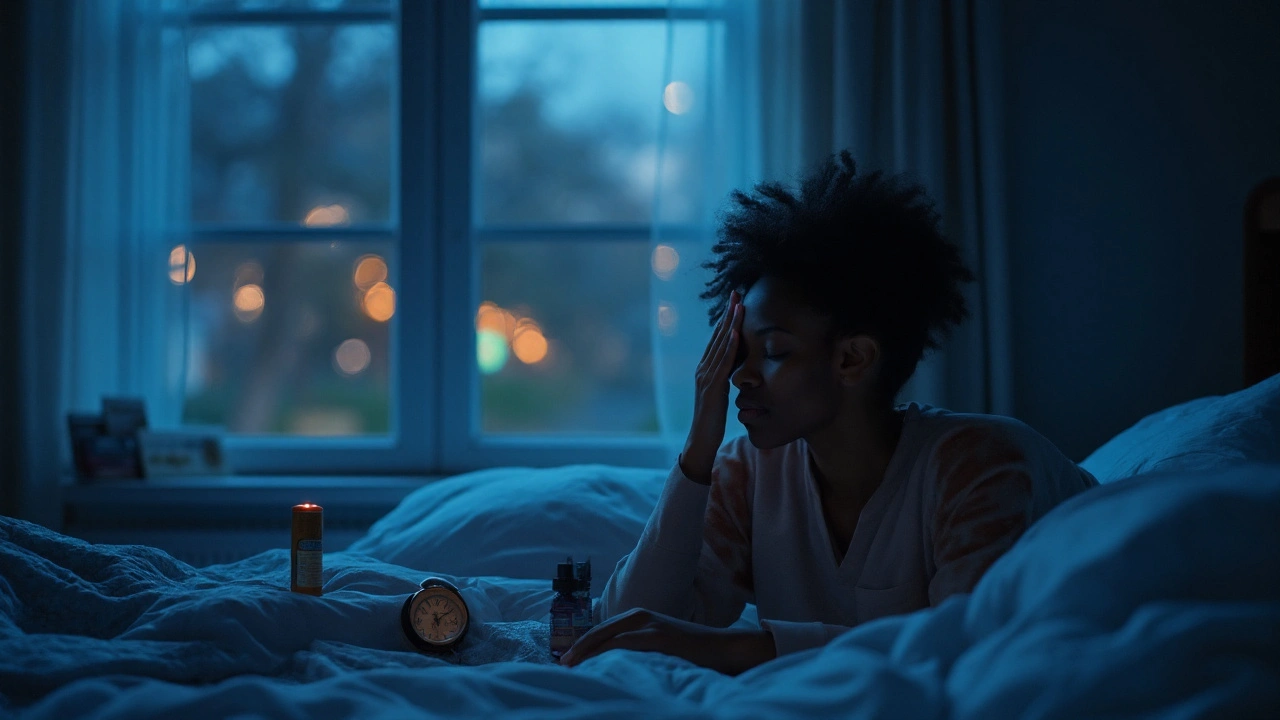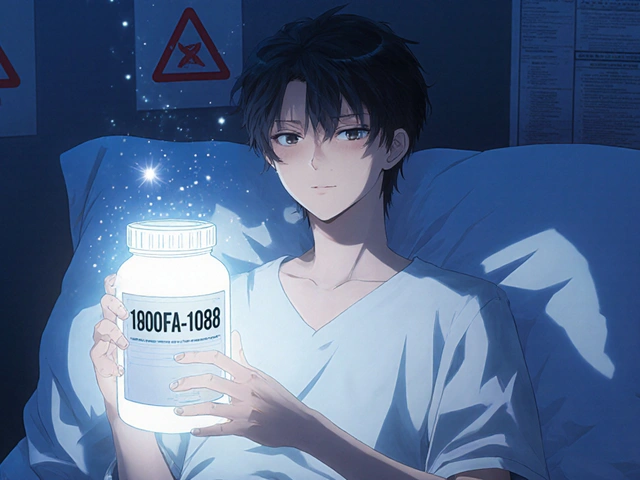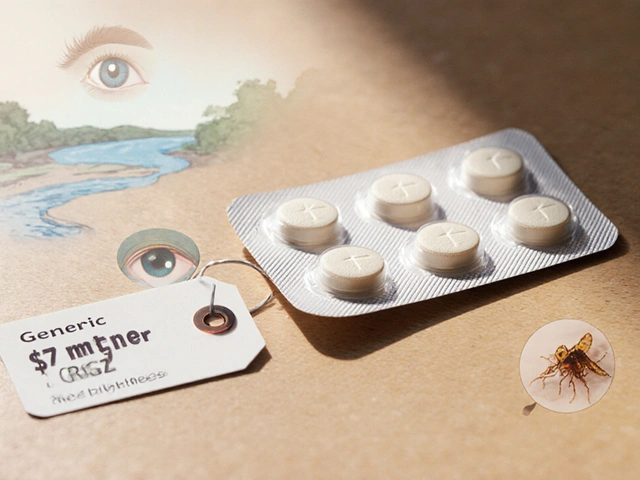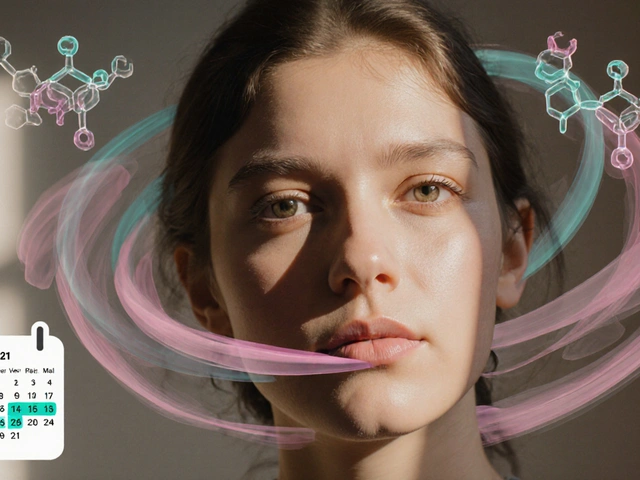Antihistamine Drowsiness: What Happens and How to Manage It
If you’ve ever taken a cold‑relief tablet and felt a wave of sleepiness, you’re not alone. Antihistamines are great at blocking allergy symptoms, but a lot of them also tap the brain’s “wake‑up” system. Understanding why this happens can help you choose the right product and stay productive.
Why Some Antihistamines Make You Sleepy
Antihistamines work by blocking histamine, the chemical your body releases during an allergic reaction. Histamine also keeps you alert. First‑generation antihistamines—like diphenhydramine (Benadryl), chlorpheniramine, and brompheniramine—cross the blood‑brain barrier easily, so they dim the brain’s histamine signals and you feel drowsy.
Second‑generation antihistamines—such as loratadine (Claritin), cetirizine (Zyrtec), and fexofenadine (Allegra)—are designed to stay out of the brain. They still calm allergy symptoms but usually leave the “awake” system alone. However, a small number of people still notice mild sleepiness with these newer drugs.
Age plays a role, too. Older adults often feel more drowsy because their bodies process drugs more slowly. Kids can be extra sensitive as well, which is why pediatric dosing guidelines stress a lower amount.
Practical Ways to Reduce Drowsiness
First, pick the right generation. If you need an antihistamine for daytime use, reach for a second‑generation product. They’re marketed as “non‑drowsy” and most users report staying alert.
If a first‑generation antihistamine is the only option—perhaps for a severe reaction or nighttime itching—take it when you don’t need to be active. Setting a reminder to take the dose an hour before bed can turn the drowsiness into a helpful sleep aid.
Another trick is to split the dose. Some people find that taking half the recommended amount spreads the benefit while keeping the sleepy feeling at bay. Always talk to a pharmacist or doctor before adjusting the dose.
Staying hydrated helps, too. Dehydration can worsen fatigue, so drink water throughout the day. Pair your antihistamine with a light snack that includes protein; this can steadier blood sugar and reduce the crash.
Caffeine can offset mild drowsiness, but use it wisely. A cup of coffee or tea right after the medication can give a short boost, but too much caffeine later may interfere with sleep if you need the antihistamine at night.
Finally, monitor how each drug affects you. Keep a simple diary: note the medication, dose, time of day, and how sleepy you feel. After a week, you’ll see patterns and be able to pick the best option for you.
Remember, antihistamines treat uncomfortable symptoms, but they’re not one‑size‑fits‑all. Talk to your healthcare provider if you constantly feel sleepy or if the drowsiness interferes with work, driving, or school. They can suggest alternatives, like nasal sprays or eye drops, that avoid the sleepy side effect altogether.
In short, the key is to match the drug to your schedule, watch the dose, stay hydrated, and keep track of how you feel. With a few simple steps, you can control allergies without losing your alertness.

Bepotastine and Sleep: Does It Help or Hurt Rest for Allergy Sufferers?
Struggling to sleep with allergies? Learn how Bepotastine affects drowsiness, timing, and symptom control-plus tips, comparisons, and what to do if sleep still stinks.




